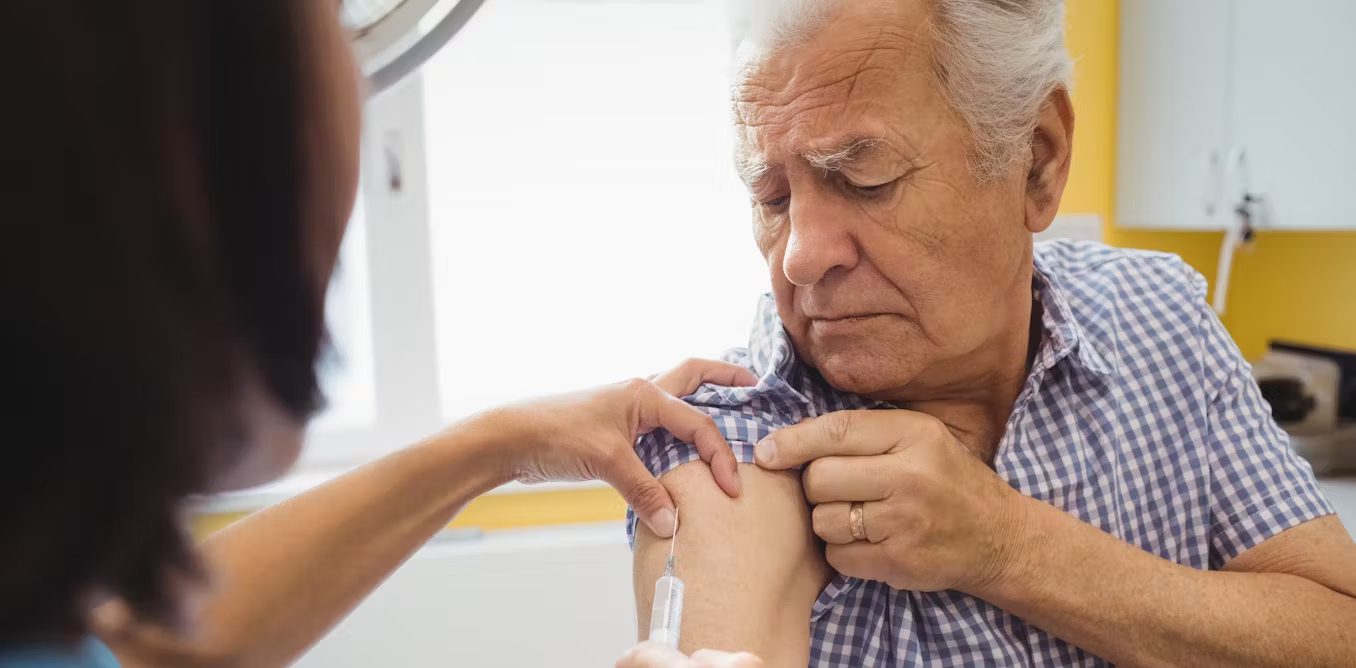Social Media Legislation and the Prospects of 2025
January 13, 2025
The Implications
The legislation bans children under the age of 16 from accessing social media platforms such as Instagram, TikTok, Facebook, and Snapchat, while placing the responsibility on social media companies to enforce these restrictions. Companies face fines of up to $49.5 million for failing to take reasonable steps to verify users’ ages. Importantly, exemptions are provided for messaging apps, educational tools, and health services like Headspace and Kids Helpline. This approach aims to protect children’s mental health while maintaining access to essential online resources.
A Necessary Step for Mental Health
The legislation comes in response to compelling evidence linking excessive social media use to a rise in mental health issues among children and adolescents. Clinicians and educators have long observed the negative effects of prolonged screen time: increased anxiety, depression, body image issues, and exposure to harmful content. Clinical psychologist Danielle Einstein’s stark assertion that social media provides no discernible mental health benefits for young people underscores the urgency of these measures. However, nuanced perspectives, like those from Headspace’s Nicole Palfrey, remind us that social media also serves as a tool for connection and help-seeking, particularly in remote and rural areas.
This legislation is not a panacea—as Labor Senator Karen Grogan acknowledged—but it is a decisive step. The responsibility now shifts to social media companies, which face fines of up to $49.5 million for failing to take “reasonable steps” to enforce the age restriction. This approach alleviates the burden on parents and children, focusing accountability on corporations profiting from engagement metrics.
Benefits and Challenges
While the benefits of restricting access are clear, the implementation raises questions for medical professionals supporting diverse youth populations. Young people often turn to social media platforms for peer connection, identity exploration, and access to health information. For marginalized groups, such as LGBTQ+ youth or those experiencing mental health challenges, these platforms can be lifelines. Cutting off access without providing robust alternatives risks alienating these vulnerable cohorts.
The law ensures continued access to messaging apps, educational platforms like Google Classroom, and mental health resources such as Headspace and Kids Helpline. These exemptions are vital but must be communicated effectively to avoid misinformation among parents and youth. Additionally, the year-long implementation period provides an opportunity for collaboration between policymakers, healthcare providers, and educators to address potential gaps.
Medical Professionals as Advocates
In 2025, family primary health care stands as a cornerstone for addressing the needs of young people amidst the evolving digital landscape. This legislation highlights the opportunity to centralise support systems starting with informed medical health as the foundation. By integrating services that prioritise mental and emotional wellbeing, medical professionals can guide families in this transition, ensuring equitable access to holistic care. Hopefully on a state-by-state level, collaboration with schools and community organisations will play a vital part in creating robust systems that not only mitigate risks of isolation but also proactively support resilience and social development for the years to come from this.
This legislation also invites us to engage with broader ethical discussions about the role of technology in children’s lives. One of the most promising aspects of this legislation is the potential to promote a broader cultural shift towards reducing screen time among children. Excessive use of digital devices has long been associated with developmental challenges, including delayed social skills, poor sleep patterns, and increased exposure to harmful content. By limiting access to social media, there is an opportunity to refocus childhood experiences on in-person interactions, physical activity, and creative pursuits. These elements are critical to fostering resilience, emotional intelligence, and overall well being.
2025 and Beyond
The South Australian Government’s leadership, alongside the Federal Government’s commitment to a nationally consistent framework, sets a precedent for addressing digital challenges with bold, systemic solutions. However, the rushed nature of this legislation’s passage has left some stakeholders, including mental health experts and advocacy groups, concerned about unintended consequences.
As implementation unfolds, the medical community must remain vigilant, providing feedback and advocating for refinements. By working collaboratively with families, educators, and policymakers, we can ensure that the law achieves its intended purpose without compromising the developmental needs of young people.












